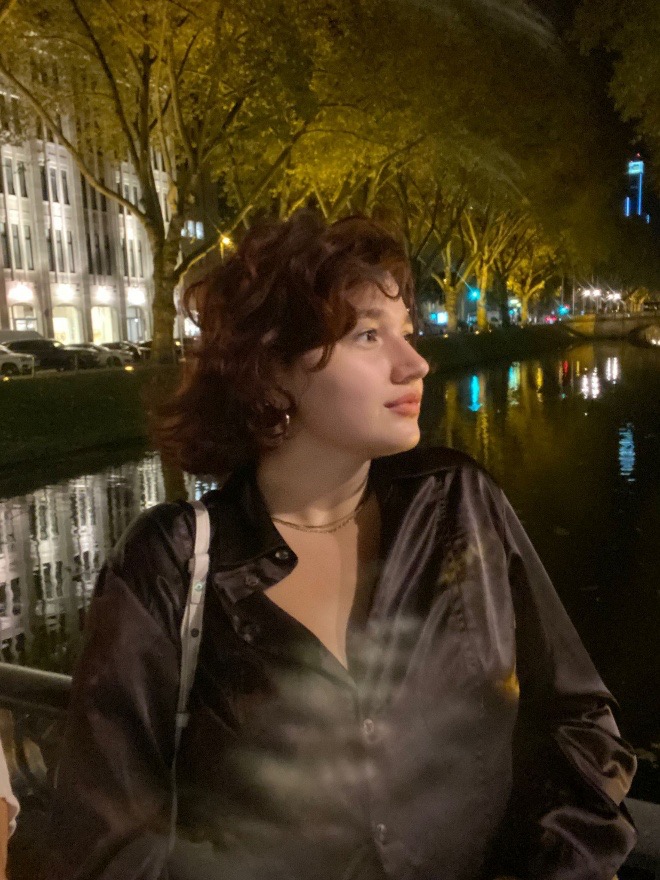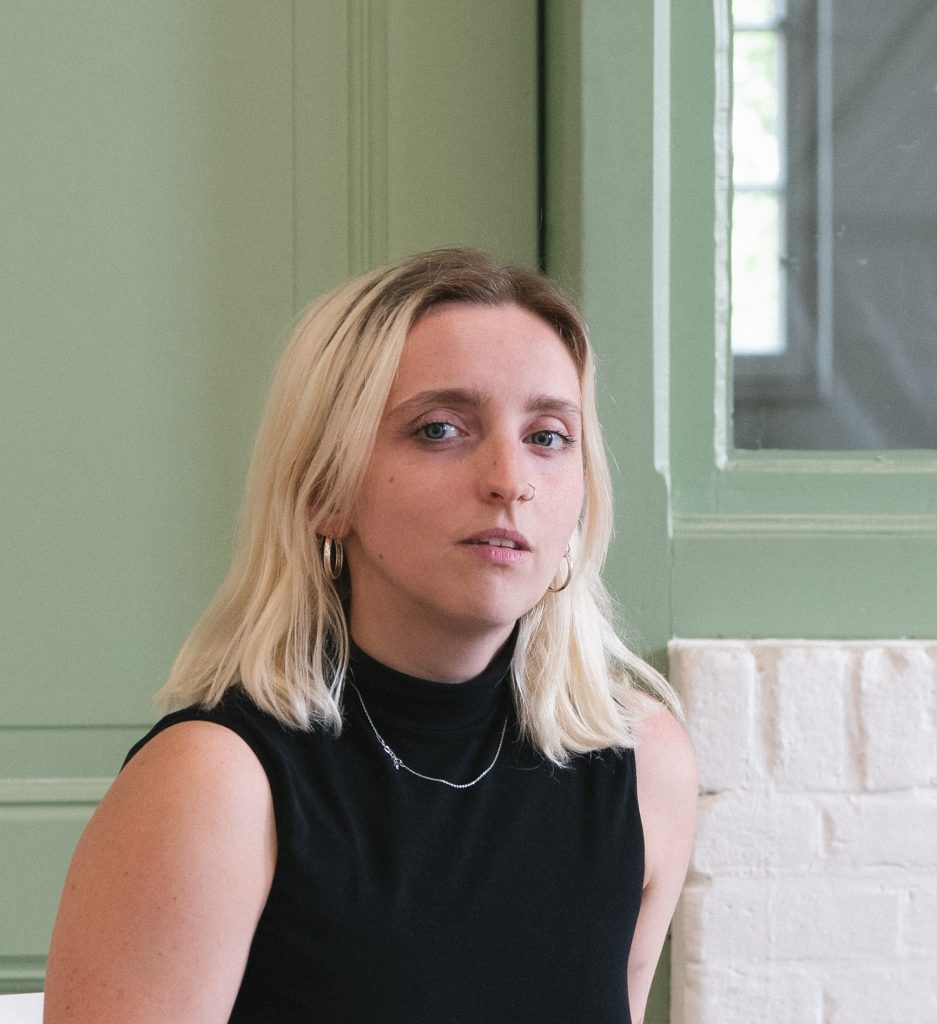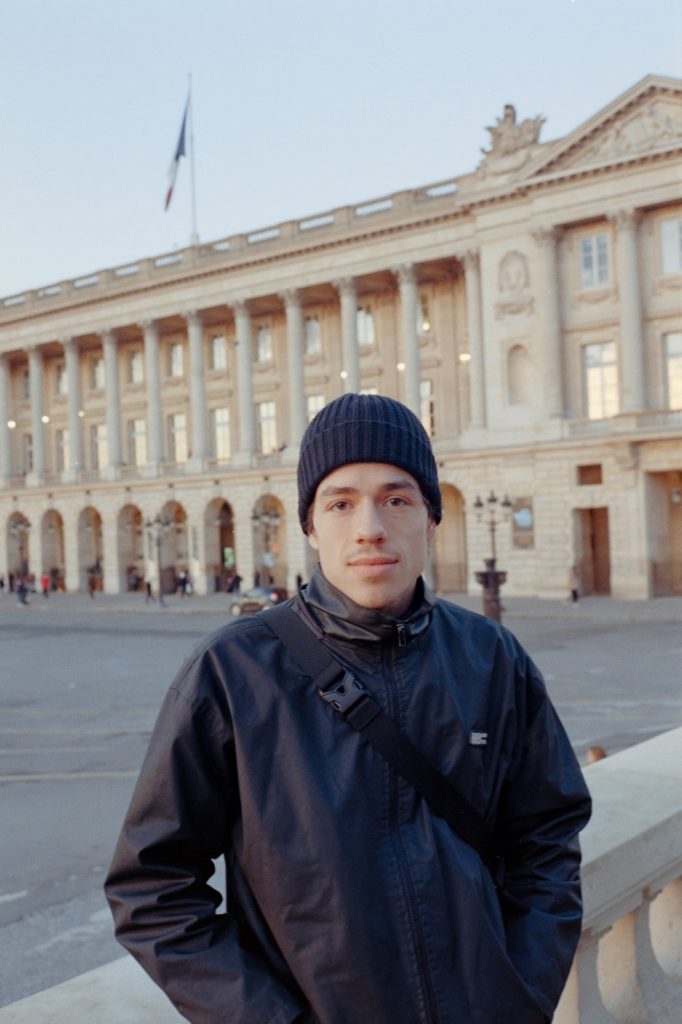Spatial Justice is a collaborative project of EU and Western Balkan countries aiming to engage, empower and enable youth to lead sustainable actions transforming peripheral areas into liveable environments.
Project Status:
Project Location(s):
Project Dates:
Project Contact:
Spatial Justice is a collaborative EU project aiming to promote more equitable urban development by addressing the needs of youth in peripheral areas across the Western Balkans and EU. The project targets spatial inequality, poverty, pollution, and social exclusion issues often intensified by unplanned or informal settlements, particularly affecting low-income communities.
People living in peripheral areas generally are exposed to poverty, pollution and social inequality. This is a great challenge especially along urban settlements within the Western Balkan countries. Other relevant issues include unplanned settlement or squatter settlement. These types of settling are often employed by low-income households. The socio-demographics of these households result in unproportionally effects on the society groups. The challenges of the peripheral areas relate to discrimination of women and young people, prejudice and inequalities, environmental and urban elements as lack of access to clean water, proper waste collection, housing, access to education and economic elements and lack of employment opportunities.
Young people in these peripheral areas face limited access to education, employment, and representation in decision-making processes. They often lack both the motivation and capacity to engage with institutions or advocate for change. Furthermore, they are rarely connected or organized in ways that enable collective action to improve their environments.
What did Spatial Justice do?
Spatial Justice engaged youth as active agents of transformation by equipping them with the tools, methods, and good practices needed to reimagine their neighborhoods as livable, just spaces. Over a period of 24 months, six partner organizations from EU and Western Balkan countries collaborated to co-create solutions tailored to local challenges. Through participatory and inclusive approaches, the project empowered young residents to lead change and influence planning and development processes in their communities.
One of the key outcomes of the project was the development of innovative and scalable tools for youth empowerment and spatial transformation.
Project Activities and Methods
Spatial Justice actively engaged youth as agents of change, enabling them to reimagine and co-create more just and livable spaces.
The project included:
Target Group
The project primarily targeted:
Spatial Justice has developed „Right to the City“, which aims to activate a growing number of people from different communities, including professionals, researchers and policy makers, to make them aware of the roles and challenges with it, which each party faces during development and coexistence in the city. A certain context is built, which tends to draw attention to the needs and present for solutions the challenges faced by a certain community or city. Game developers propose urban interventions in these areas, leaving the options for the most favorable design solution to the game participants.
The layout for the game is adapted for a specific context in each partner country, representing realistic area, which is a subject of urban development. Space is achieved through several educational and recreational centres, which composed with the necessary elements, including accommodation units, services, as well as many very innovative green surfaces, such as green labyrinths, agricultural museums, etc.
In order to ensure the dynamic development of the “Right to the City” a considerable commitment of the community is required.
Six groups of stakeholders participate in the game: civil society for children, citizens, municipality, creative industry, landowners and investors.
Each of these groups receives their own budget for achieving their own aims, while moderators and jury supervise and guide a game, trying to develop different scenarios of the game. The gamification was conducted among youth in Albania, Austria, Slovenia and Bosnia and Herzegovina and feedback from participants were collected.
Every project we take on brings together a range of interconnected layers—environmental, legal, financial, social, technical, governance, and managerial. We approach our work holistically, making space for participation, shared understanding, and collaboration across all these dimensions. It’s how we ensure that our partnerships are grounded, inclusive, and responsive to real-world complexity.
For any project aiming to create lasting, sustainable change—especially within the context of transition and transformation—these layers can’t be treated separately. They interact, overlap, and shape one another. Identifying key markers and themes across these categories helps guide the process, ensuring that the outcomes are both robust and adaptable.
Engagement plays a central role in this. Meaningful participation allows all stakeholders to contribute to a shared vision, while transparency builds trust throughout the journey. Different levels of involvement—from broad outreach to hands-on co-creation—ensure that communities are informed, empowered, and actively shaping the process. Inclusivity isn’t just a goal; it’s a foundation. When diverse voices are heard and respected from the beginning, the result is a more democratic, resilient, and impactful project.
Here are some of the core aspects we explore and connect through our work, listed below:
The Spatial Justice brought together partners from a variety of European and Western Balkan contexts, reflecting diverse urban, social, and cultural realities. Wonderland – Platform for European Architecture served as the project coordinator, leading the overall strategy, coordination, and content development of the initiative. Wonderland was also responsible for producing key communication tools -including the e-learning platform, films, and publications – and for fostering transnational exchange among young urban practitioners.
Our approach emphasized participatory design and youth-led urban engagement, rooted in cross-sector collaboration. The Spatial Justice project actively involved young people not just as beneficiaries but as co-creators in shaping more equitable and inclusive cities. Local communities, municipal actors, educational institutions, and cultural organizations were invited to collaborate through workshops, games, and creative interventions. Wonderland backed the integration of urban planning, architecture, education to explore new ways of addressing spatial inequalities. Rather than offering top-down solutions, the project supported context-sensitive, locally driven processes that can be adapted and sustained by the communities themselves. Through this framework, it built alliances that prioritize long-term impact, capacity-building, and knowledge exchange across borders and disciplines.
Research and advocacy are at the heart of everything we do. Each of our projects is a journey into understanding— both technically as well as socially—and we’re always looking for creative ways to share what we learn. From films and interviews to visuals, manifestos, publications, and hands-on manuals, our outputs take many forms, depending on the people involved and the story being told.
Our project libraries reflect this diversity, and we’ll keep adding to them as our work evolves. But it’s not just about knowledge—it’s also about action. We use what we learn to advocate for change, support bottom-up initiatives, and create space for citizen participation. Because a fairer, more sustainable future needs everyone at the table.
Every project teaches us something new—and we make sure to reflect on those lessons and turn them into something useful. Whether it’s a paper, a hands-on manual, or a more experimental publication, we use these formats to raise awareness, advocate for change, and share what we’ve learned along the way. Writing is part of our method, but so is making that knowledge accessible. Below, you’ll find some of the materials connected to this project. Feel free to download and use them however you like—everything we create is copyright-free, because we believe knowledge should be open to all.
Advanced Living Groups – Generation 50+
The demands of an ageing population on housing are changing, they are becoming more independent and the need for community is growing.
In Vienna, the age group of people over 65 is expected to almost double by 2075*. In addition, more difficult living conditions and new family models mean that we have to rethink life in retirement.
The “Wohngruppe 55” has been dealing with communal living in old age for more than 10 years. In 2011, it founded a residential community in Vienna’s 16th district with 13 flats and a “floor community” with seven residential units and associated common rooms. They combine living in separate barrier-free flats with a binding commitment in the house community.
In the following film, Ralph Ullsperger and Irene Pobitzer describe their experiences, everyday life and challenges in the elderly housing community.
This housing project shows how ageing can be rethought and how access to community and society can be maintained in old age.
Ralph Ullsperger – Inhabitant
Irene Pobitzer – Inhabitant
More:
Wohnen für Fortgeschrittene 55+ – Wien
*Sources: Wolfgang Loibl/Tanja Tötzer – Zukunftsthemen für die Wiener Stadtpolitik
Market Hall – Stara Trznika
Stara Trznica is an old market hall in the middle of Bratislava that has been taken over and revitalised by Alianca Stará Tržnica, a non-governmental organisation, since 2012. The Old Market Hall Alliance has its essence in bringing people together and cooperate to build a strong community. In doing so, there are a variety of services such as cafés, manufactories and cultural centres in the Old Market Hall, the old sense of the hall is preserved and forms a central element of the heritage building with the Saturday farmers’ market. Petra Molnárová talks about how the market has evolved over the years, about curating the space and how so-called Slow Food markets enable community and new relationships with producers and food.
Speaker:
Petra Molnárová – Responsible for the market and accompanying activities at the market
Raumpioniere
Urban projects are often complicated to implement, especially for smaller organisations and freelancers. It takes special knowledge and experience to be able to work together with the authorities and various stakeholders. In order to not have to face all these challenges alone, Jan Gartner and Lisa Reimitz-Wachberger founded Raumpionniere and its website in 2017 as an agency for urban makers. The website is based on 3 principles: Crowdfunding, crowdsourcing and crowdengagement.
With its unique concept, it is not only about donating money, but also about the possibility of sharing knowledge, time or donations in order to work together in a participatory way on the development of public space.
In the film, Jan Gartner, the founder of Raumpioniere, talks about the concept, the role of equity in cities and how we should rethink the way we deal with urban space.
Speaker:
Jan Gartner – founder and managing director
More:
Website: https://raumpioniere.at/
Creative Cluster
In the middle of Vienna Creative Cluster is located, a non-profit organization, that has temporarily transformed a former school building into a center for culture since 2019: Creative Cluster Magareten.
The former school provides affordable workspace for 140 freelance artists of all disciplines. There the organization plays a central role by carefully curating the artists and freelancers among each other, as well as by creating a network and a public platform for the artists.
In the following film, we talked to the founders and various freelancers who give us a better insight into the organization, challenges and the everyday life in one of the biggest creative breeding grounds in Vienna.
Masha Dabelka: Dj, teacher producer – renting space in Creative Cluster
Sarah Rinderer: Linguistic Teacher – renting space in Creative Cluster
Zita Maria Kral – Karim el Seroui: Founders of the Creative Cluster
Maximillian Klammer – Designer/ studiolo Vienna – renting space in Creative Cluster
Hideo Snes: Digital Artist – renting space in Creative Cluster
Felix Ian – design/ Catism Studio – renting space in Creative Cluster
More:
Creative Cluster Margareten:
Facebook: @ Creative Cluster
Instagram: @creativecluster_vienna
Website: https://www.creativecluster.cc/about/geschichte/
Manifesto
How can we reactivate the vacancy in our cities? Manifesto, a gallery based in Bosnia, had to deal with these questions themselves in their search for a new space for their gallery. A gallery who made theme self the goal to provide space, opportunities and assistance in the production, presentation and validation of contemporary art and by doing so using art as a tool to initiate dialogue on social and political issues.
In the video, the team talks about difficulties in the process of finding and renovating the space, about crowdfunding and helps us by this to better understand how the processes of activating vacancy can work.
Speakers:
Adna Muslija – Art Curator
Ajla Salkić – Marketing Designer
Benjamin Čengić – Director
More:
Website: https://www.manifesto.gallery/about
Instagram: @galerija.manifesto
Facebook: @gallery.manifesto
Every project we take on is an opportunity to expand our circle—bringing in new collaborators, exchanging ideas, and learning from the experiences and expertise of others. These partnerships are essential to our work and help us keep growing, questioning, and creating with fresh perspectives. We value collaboration not just for the outcome, but for the process: sharing knowledge, building trust, and working together toward common goals. Below, you can meet the people and organizations we’ve partnered with on this project. Feel free to explore their work—we’re proud to be in such great company.

Berna is an urban planner focused on spatial justice, participatory design, and future-oriented urban development. Her work explores how cities can respond to social, spatial, and environmental challenges through inclusive, research-based approaches.

Mary Sarsam is a multidisciplinary artist, researcher, and project manager who explores ecological and historical narratives through spatial approaches, combining her academic background in sociology and fine art with practical experience in social work, cultural programming, and performance. She is actively involved in the Broudou School collective and global seed-saving initiatives, bridging creative research with grassroots environmental action.

Robert Körner is an ongoing urbanist with a background in architecture, carpentry, and spatial research. His work focuses on inclusive urban practices, youth-led transformation, and participatory processes.
Find a compilation of project related news, events and more, below.